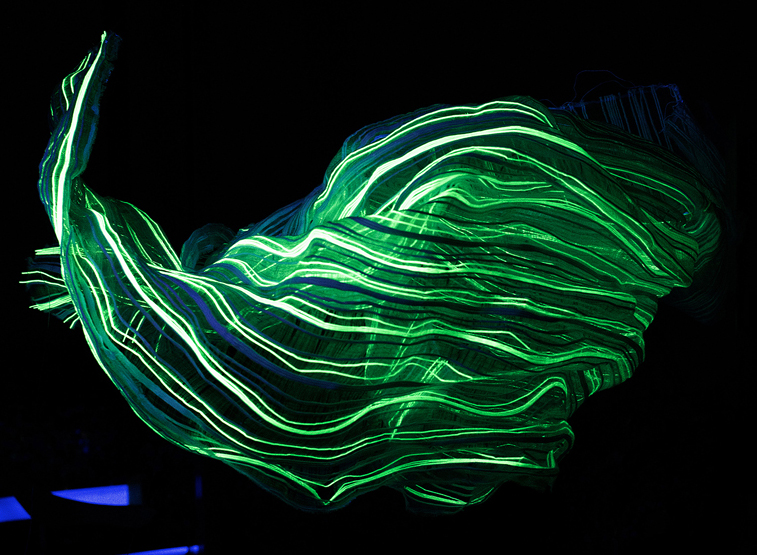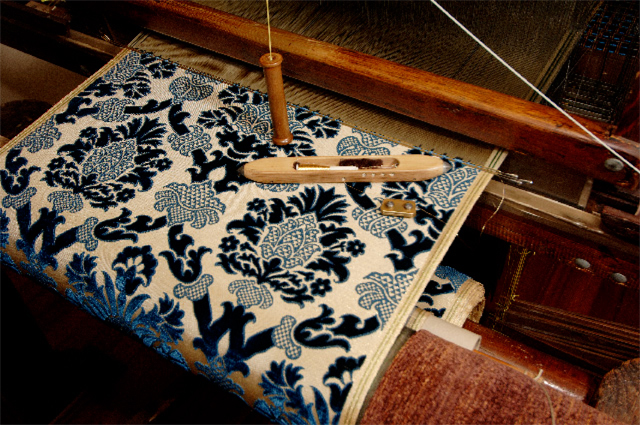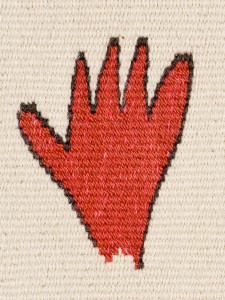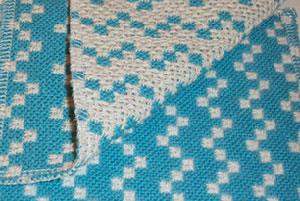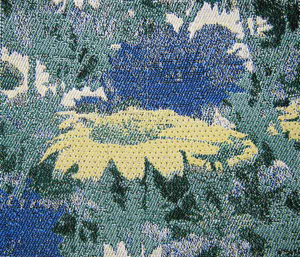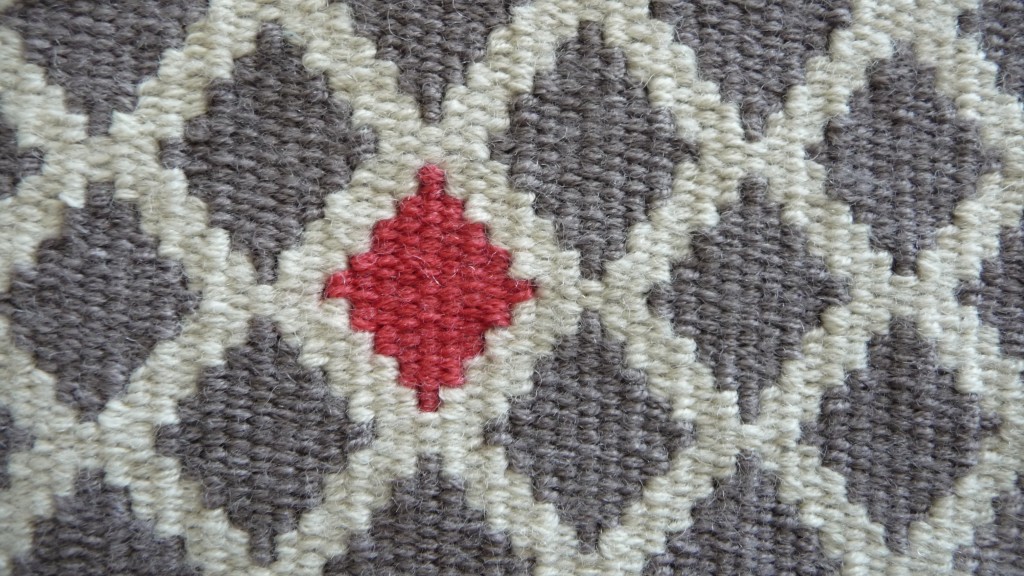 Introduction to Tapestry Weaving
Introduction to Tapestry Weaving
Tutor: Caron Penney
Fashion and Textiles Museum,
83 Bermondsey St,
London SE1 3XF
Tel: 020 7407 8664
Dates: 3rd – 4th July 2014,
Times: 11.00am – 4pm each day, this workshop requires a minimum of five students to run.
In this two day workshop students will learn the basic weave techniques used to create a tapestry, these include plain weave, soft diagonals, hatching, blending and shaping. The course will start with a demonstration of the warping-up process and participants will get experience of this process before starting to weave. By the end of the workshop participants will take home a completed tapestry sample.
There will be group tuition and demonstrations during the two day workshop which is suitable for beginners – intermediate levels.
The workshop costs £160.
To discuss the course content please contact the tutor at caron.penney@btinterent.com
To book a place, telephone 020 7407 8664 or contact the Fashion and Textile Museum
Explore Tapestry Weaving
Tutor: Caron Penney
West Dean College,
West Dean,
Chichester,
West Sussex,
PO18 0QZ
Tel: 01243 811301
Dates: 9th – 15th August 2014, this workshop requires a minimum number of students to run.
This workshop is designed to elp complete beginners, intermediate weavers and returning students to develop a clear understanding of the basic structure and materials of tapestry. Introductory techniques will be covered initially; they include shaping and shading.
More complex techniques can be considered during the workshop they include, interpretative skills, circles, using supplementary warps, or making textured tapestry.
An illustrated talk will cover other weavers’ work and reference material will be available throughout the workshop. There will also be a visit to the West Dean Tapestry Studio during the course.
The workshop costs £623 (5% online discount).
To discuss the course content please contact the tutor at caron.penney@btinternet.com
To book a place telephone 01243 811301 or contact West Dean College
To view the course details please visit this link

